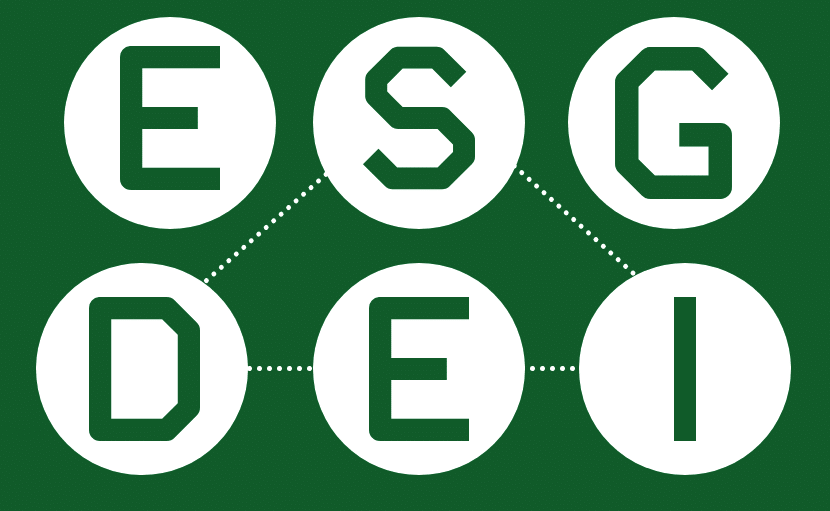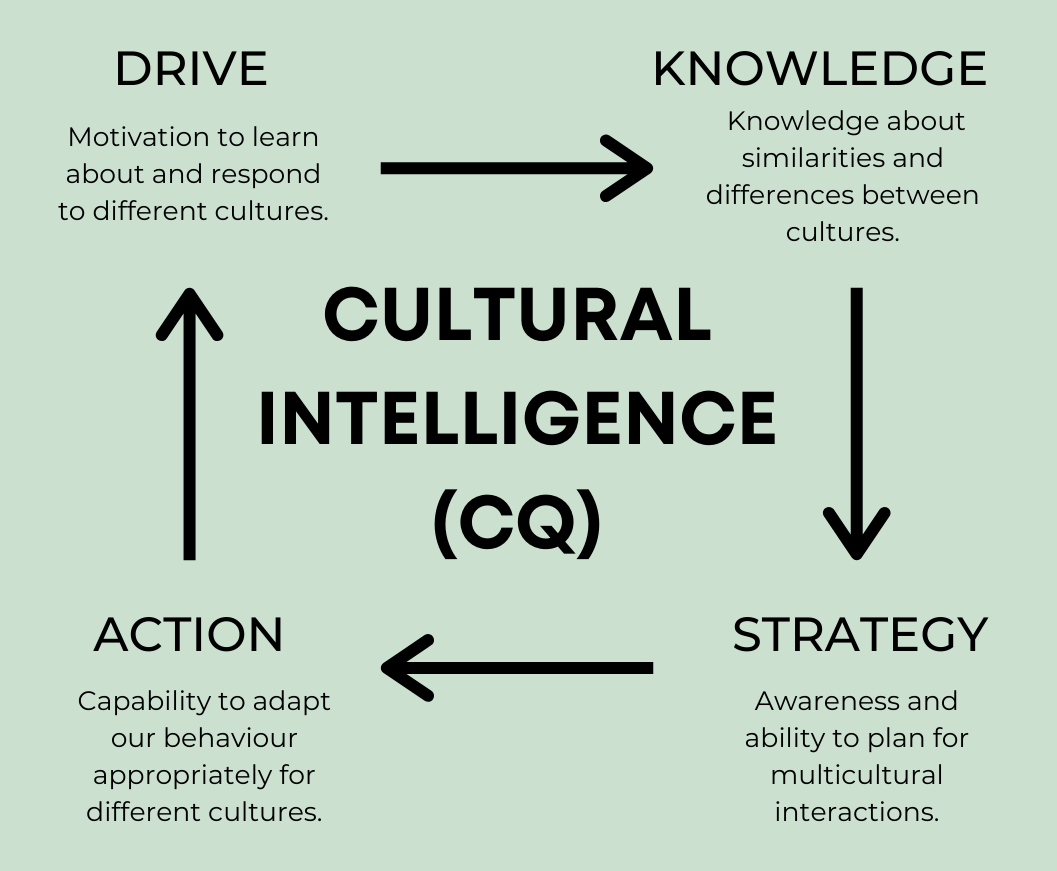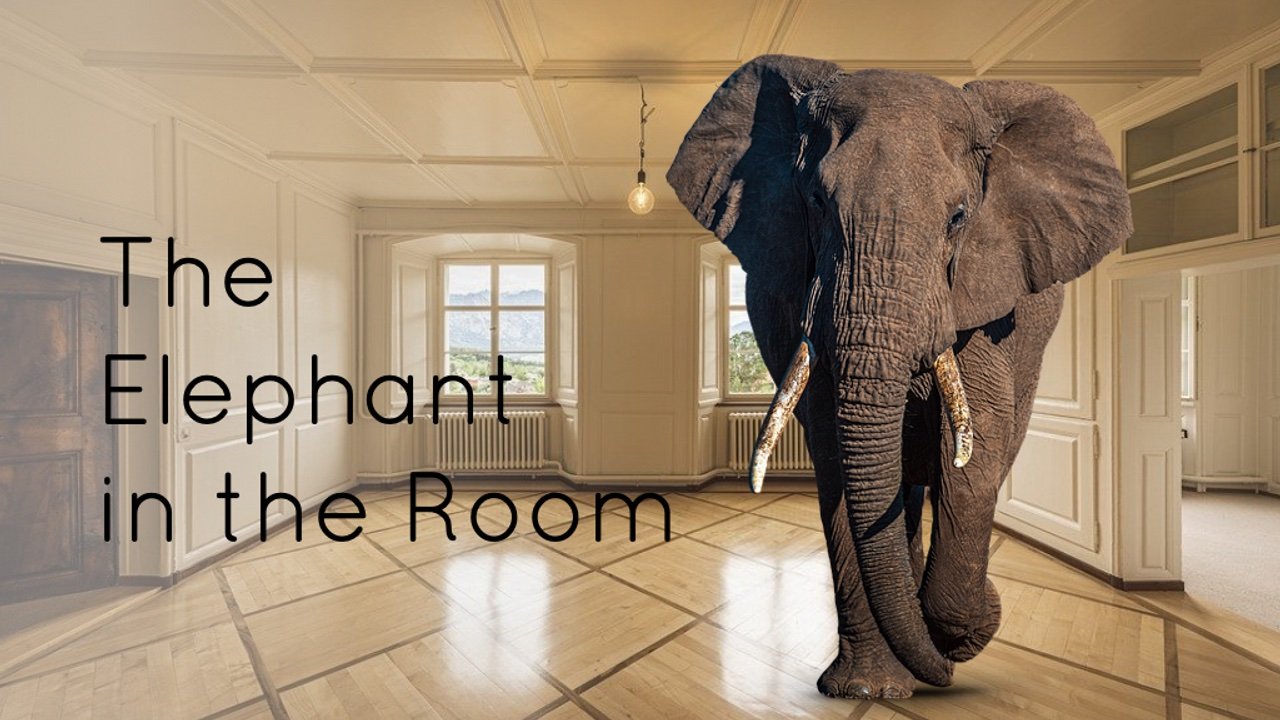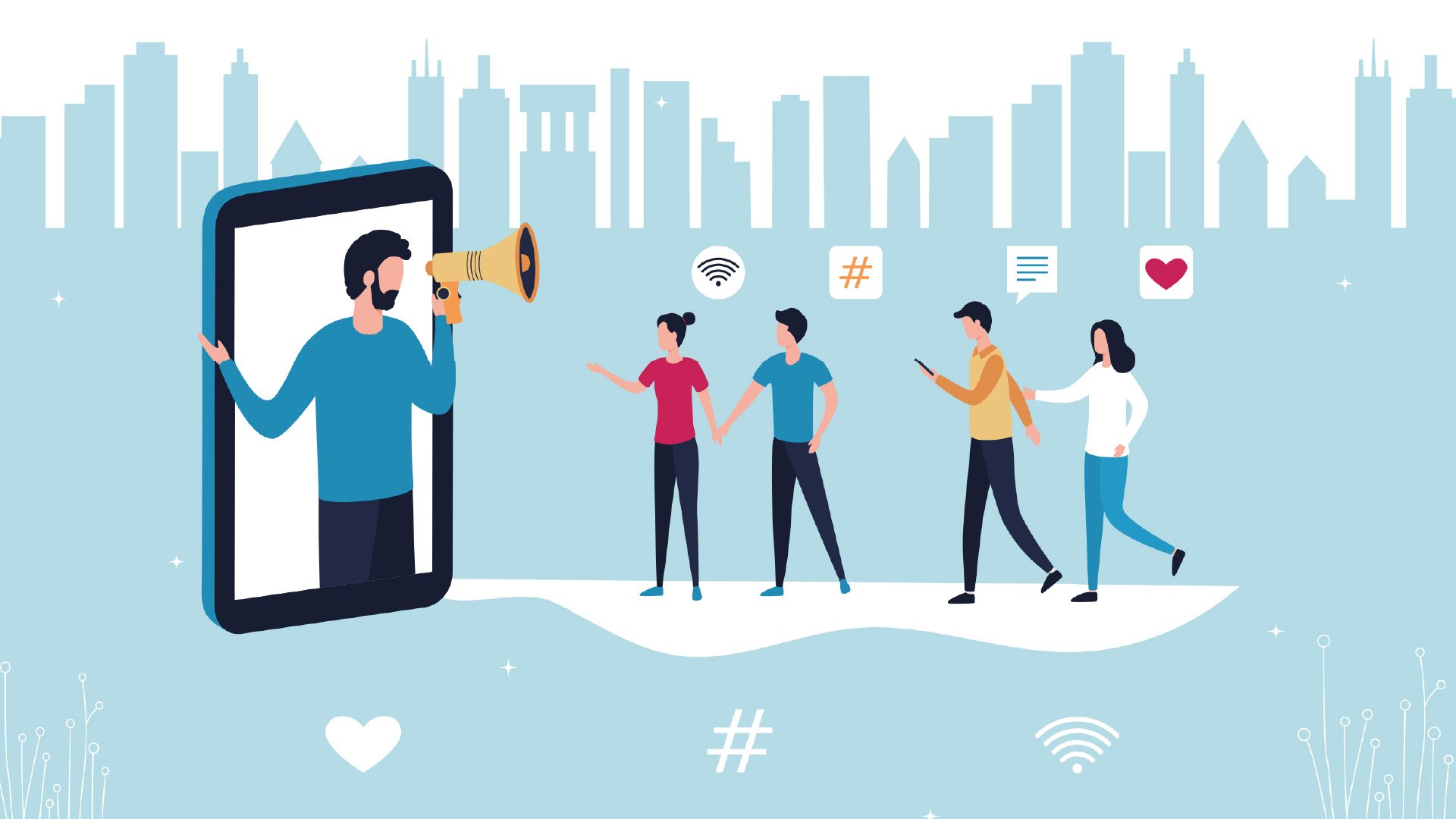Environmental, Social, and Governance (ESG), represents a set of criteria used to evaluate how companies operate and impact the world beyond just making money. Where the "E" focuses on a company's environmental efforts, for example, its carbon footprint, energy use, or waste management. The "S" assesses its social aspects, for example, how it treats employees, engages with communities, and handles diversity and human rights. And lastly, "G" looks at governance, examining factors such as the company's leadership, ethics, transparency, and how it's governed and managed. ESG serves as a framework for investors and stakeholders to gauge a company's commitment to sustainability, ethical practices, and long-term viability beyond financial returns.
Are you interested in integrating DEI into your “S”?
I think companies who prioritise Diversity, Equity, and Inclusion initiatives are addressing social aspects by creating fairer and more inclusive workplaces, ensuring equal opportunities for employees regardless of their background, ethnicity, gender, or other identities. By integrating DEI into their ESG strategies, companies not only promote a more equitable society but also enhance their long-term sustainability. In my experience, I have found that these efforts lead to better decision-making, stronger employee engagement, and improved relationships with customers. Contact me via e-mail to arrange a confidential discovery meeting about your company’s performance and reputation.






















